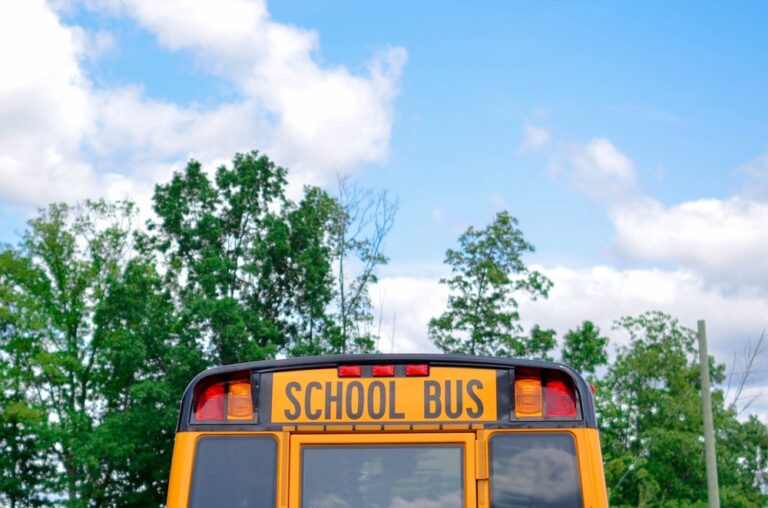
School districts across the country are now faced with further unprecedented tests – beginning a new school year in the middle of the COVID-19 global pandemic. With millions of confirmed cases in the United States, including hundreds of thousands of fatalities, it is undoubtedly concerning for teachers to go back into the classroom in fear of their own health and safety, even with some degree of remote or distance learning. It is beyond heartbreaking for teachers to be feel forced between the career they chose and love and their health and safety. Teachers may be thinking now, for the first time ever, about having a will. Even if and when the pandemic ends, teachers should still have a will when schools reopen to full capacity, as having an estate plan is a smart decision for any adult.
In-person learning during the pandemic presents a handful of concerns and challenges. Some of these most certainly include air quality, deep cleaning and disinfecting of classrooms, sanitizing equipment such as shared computers, bathrooms, cafeterias and hallways, and even wearing face coverings and social distancing. These challenges may be even more difficult with younger students, where small groups are used for learning, using shared group tables and not separate desks. Teachers with underlying health conditions, over the age of 60, or who reside with at-risk family members may be even further concerned about returning to teaching in person.
Setting up an estate plan provides assurance to teachers that they will have control over their health care decisions and the distribution of their assets, even if they themselves are unable to communicate these wishes. When beginning to think about their estate plan, teachers (and any adult, really) should consider their individual health care preferences as well as the financial security and well-being of their loved ones.
Of course, having a will is just one piece of a comprehensive estate plan for a teacher (and really, any adult) to consider having in place:
Will: Upon your death, this will determine how your financial assets will be distributed. Without a will, your estate will pass by intestacy, and this distribution of your financial assets may not be what you want. Having a will in place is the best way to answer any questions on the distribution of assets.
Trust: Sometimes people consider trusts as appropriate for the wealthy, but consider a teacher with dependents unable to care for themselves, or even a disabled child. Having a trust can reduce federal taxes and may help beneficiaries to avoid the need to go to probate court. This should be reviewed with your estate planning lawyer.
Power of attorney: Appointing an individual to make decisions about your finances on your behalf, including access to financial accounts and other assets, may be particularly important if you are unable to make these decisions for yourself.
Health care directives: Sometimes called a living will, health care directives explain in advance what form of medical treatment you want provided or withheld in the even you become incapacitated. For teachers with concerns about COVID-19, the question about hospital care, the use of a ventilator, or other medical treatment or procedures may be particularly relevant and important.
If you are a teacher wishing to set up your estate plan, you should not wait until faced with concerns of severe illness including COVID-19. Your concerns can be put at ease by setting up your estate plan, so you should not delay in consulting an experienced estate planning lawyer.